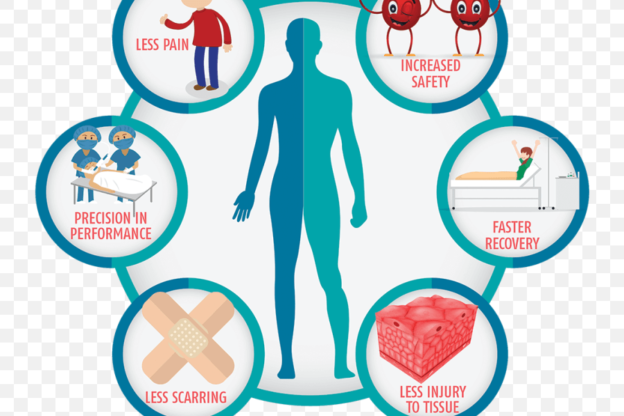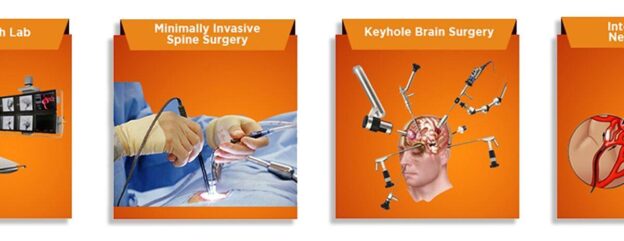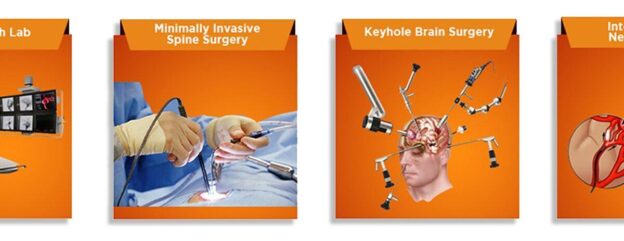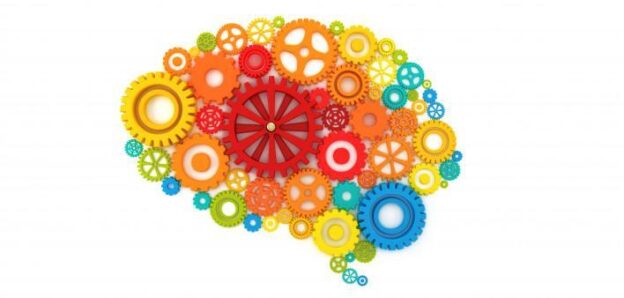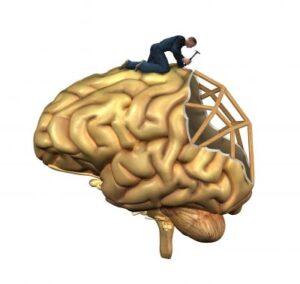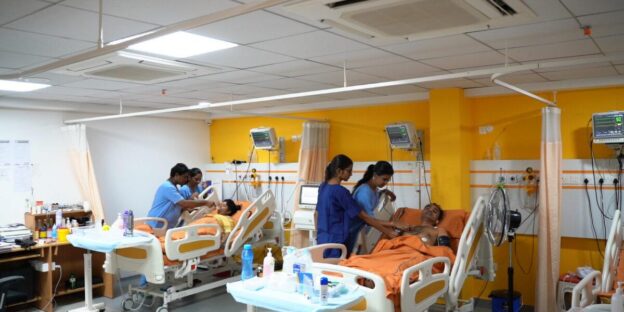Dr. Rao’s Neurosurgery: Empowering Lives and Transforming Patient Care
Title: Empowering Lives Through Neurosurgery: Dr. Rao’s Impact on Patient Care
Discover the remarkable impact of Dr. Rao’s neurosurgical expertise on patient care. Explore the innovative treatments, compassionate approach, and outstanding results at Dr. Rao’s renowned neurosurgery center.
Introduction
Few names command as much respect and admiration as Dr. Rao regarding neurosurgery. With a wealth of knowledge, extensive experience, and a passion for excellence, Dr. Rao has revolutionized patient care in neurosurgery. This blog explores the empowering journey of Dr. Rao and the transformative impact he has had on the lives of his patients.
A Pioneer in Neurosurgery
Dr. Rao‘s exceptional career as a neurosurgeon began with his relentless pursuit of knowledge and a solid educational foundation. Trained in prestigious institutions in the USA, Dr. Rao brings cutting-edge techniques and a global perspective to his practice in India.
Innovative Treatments for Complex Conditions
Dr. Rao’s commitment to advancing neurosurgical techniques has led to the development of innovative treatments for complex neurological conditions. From intricate brain surgeries to spinal cord interventions, Dr. Rao‘s expertise encompasses a wide range of procedures that offer new hope to patients.
A Compassionate Approach to Patient Care
Beyond his surgical skills, Dr. Rao’s compassionate approach sets him apart. He understands patients’ emotional and psychological challenges and ensures they receive the best medical care and the utmost compassion and support throughout their journey.
Transforming Lives, One Patient at a Time
The impact of Dr. Rao’s work goes beyond the operating room. Through successful surgeries and personalized treatment plans, he has transformed the lives of countless patients, restoring their health and giving them a chance at a brighter future.
Exceptional Results and Patient Satisfaction
Dr. Rao’s dedication to excellence is evident in the outstanding results he achieves for his patients. His success stories and high patient satisfaction ratings testify to his skill, expertise, and unwavering commitment to delivering the best possible outcomes.
State-of-the-Art Neurosurgery Center
Dr. Rao’s hospital is a beacon of hope for patients seeking top-notch neurosurgical care. Equipped with state-of-the-art technology and a highly skilled team, the hospital provides a safe and comfortable environment for patients to receive exceptional care.
Empowering Patient Education
Dr. Rao understands the importance of empowering patients with knowledge and information. Through patient education programs and resources, he ensures that individuals clearly understand their condition, treatment options, and the recovery process. By actively involving patients in their healthcare journey, Dr. Rao fosters a sense of empowerment and encourages them to make informed decisions about their well-being.
Collaborative Care Approach
Dr. Rao believes in the power of collaboration. To provide comprehensive and integrated care, he works closely with a multidisciplinary team of healthcare professionals, including neurologists, radiologists, anesthesiologists, and rehabilitation specialists. This collaborative approach ensures that every aspect of a patient’s condition is addressed, resulting in improved outcomes and a higher quality of care.
Research and Innovation
Dr. Rao is dedicated to advancing the field of neurosurgery through research and innovation. He actively participates in clinical trials and research studies, contributing to developing new treatment modalities and surgical techniques. By staying at the forefront of medical advancements, Dr. Rao continually pushes the boundaries of neurosurgery, offering his patients access to the latest breakthroughs and improved treatment options.
Advocacy for Patient Rights
As a strong advocate for patient rights, Dr. Rao strives to ensure that his patients receive the highest standards of care and support. He actively promotes awareness of neurological conditions and advocates for improved healthcare policies and resources. Dr. Rao’s commitment to patient advocacy reflects his belief in the importance of equitable access to quality neurosurgical care for all individuals.
Conclusion:
Dr. Rao’s impact on patient care in neurosurgery is nothing short of remarkable. Through his pioneering spirit, innovative treatments, compassionate approach, and exceptional results, he has empowered countless lives and redefined the standard of neurosurgical excellence. At Dr. Rao’s hospital, patients can find solace, hope, and the assurance that their journey toward better health is in the hands of the best in the field.
Keywords: neurosurgery, Dr. Rao, patient care, innovative treatments, compassionate approach, outstanding results, neurosurgery center

